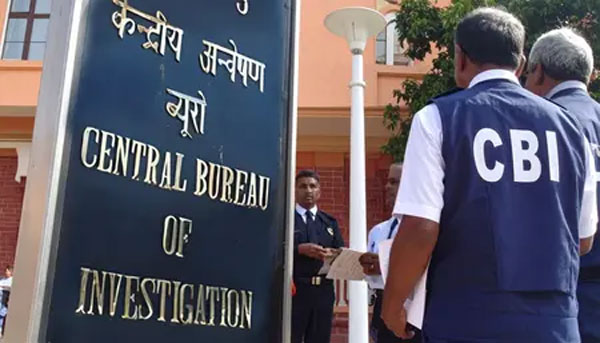Daijiworld Media Network - Patna
Patna, Aug 30: Nearly a decade after the brutal killing of senior journalist Rajdev Ranjan in Bihar’s Siwan district, a Special CBI Court in Muzaffarpur has delivered a long-awaited verdict, convicting three of the six accused while acquitting the others due to lack of evidence.
Ranjan, who was then the bureau chief of a prominent Hindi daily, was shot dead on May 13, 2016, in a chilling daylight attack as he returned home from a hospital visit. Two bullets struck him fatally, triggering outrage across the country and demands for a thorough investigation.
Initially suspected to be linked to the influence of jailed RJD strongman and former Siwan MP Mohammad Shahabuddin, the case was later taken over by the Central Bureau of Investigation (CBI). Although Shahabuddin was long considered the key figure behind the killing, he was never formally charged and died in 2021 during the COVID-19 pandemic.

The trial involved six primary accused: Azharuddin alias Laddan Mian, Rohit Kumar Soni, Vijay Kumar Gupta, Sonu Kumar Gupta, Rajesh Kumar, and Rishu Kumar Jaiswal. A seventh accused, a juvenile at the time, is facing a separate trial.
After years of proceedings, which included the examination of 69 witnesses and presentation of 111 pieces of evidence, Judge Namita Singh of the Special CBI Court ruled that Vijay Kumar Gupta, Sonu Kumar Gupta, and Rohit Kumar Soni were guilty of murder, while Azharuddin, Rajesh Kumar, and Rishu Jaiswal were acquitted.
Defence lawyer Sharad Sinha said the acquittals came due to insufficient evidence against the three. The sentencing of the convicted is expected to be announced in the coming days.
Ranjan’s murder drew widespread attention not only for its brutality but also due to its alleged political connections. The case, once tried in the Special Court for MP/MLA cases in Patna, was later transferred to the CBI Court in Muzaffarpur for a more neutral trial setting.
For Ranjan’s family and many in the journalism fraternity, the verdict marks a partial closure in a case that symbolised the dangers faced by journalists speaking truth to power in volatile regions.